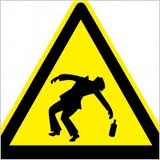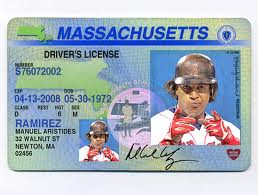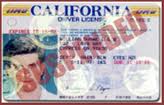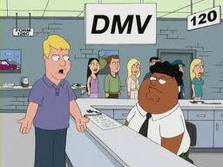 A driver is arrested in San Diego County and is charged with drunk driving. Two processes begin: 1.) The criminal process involving the courts; and, 2.) The administrative action involving the California Department of Motor Vehicles, (DMV).
A driver is arrested in San Diego County and is charged with drunk driving. Two processes begin: 1.) The criminal process involving the courts; and, 2.) The administrative action involving the California Department of Motor Vehicles, (DMV).
The San Diego criminal action is either not filed or the matter is filed but later it is dismissed by the prosecutor. How does this affect the administrative process and the driver’s license suspension?
Once arrested for driving under the influence, the driver has 10 days from the date of receiving the Administrative Per Se Suspension/Revocation Order and Temporary Driver License to request a DMV APS Hearing to challenge the automatic suspension of the driver’s license. If the DMV finds for the driver and reinstates their full driving privileges, there is nothing that the driver needs to do after finding out charges will not be filed or if the criminal case is dismissed.
However, if the DMV finds against the driver and subsequently suspends the licensee’s privilege to drive, but later the prosecutor decides not to file charges or dismisses the pending DUI charges due to lack of or insufficiency of the evidence, the DMV may grant a renewed right to request an administrative hearing under California Vehicle Code Section 13353.2(e).
In order to request this rehearing, the driver, (or his/her DUI defense attorney), must request from the DMV form DS 702, the Administrative Per Se Notice of Failure to File or Dismissal of Criminal Charges. The prosecutor must agree to fill out the form, indicating why the matter was dismissed or not filed. That form is then sent to the Sacramento DMV Office. This must be done within one year of the date of arrest.
The DMV has discretion in deciding to reopen the matter. If approved, the file is sent back to the local Drivers Safety Office for a rehearing. This is basically a new hearing, where all documents and testimony must be re-entered into evidence and any new evidence must be presented to the hearing officer.
Most often, the hearing office does not render a decision at the hearing. Instead, the Notice of Findings and Decision are sent in the mail.
If you have been arrested for drunk driving in San Diego County, you owe it to yourself to hire an exclusively, DUI defense firm that can advise you on your specific case. The above blog entry is not legal advice and may not pertain to your driving under the influence matter.
 San Diego DUI Lawyers Blog
San Diego DUI Lawyers Blog


 San Diego law enforcement will issue a temporary driver’s license to a driver who is arrested for
San Diego law enforcement will issue a temporary driver’s license to a driver who is arrested for  If you were arrested in California for
If you were arrested in California for  If you are arrested for
If you are arrested for 